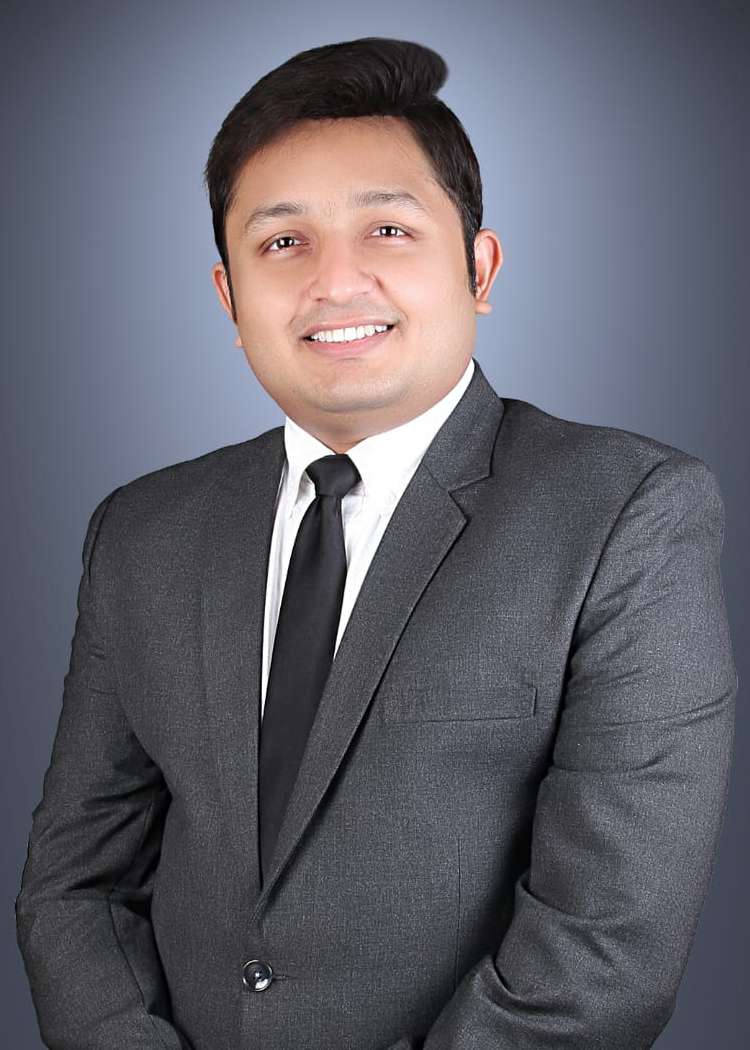A Tooth extraction (also referred to as dental extraction, exodontia, exodontias, or informally, tooth pulling) is the removal of teeth from the dental alveolus (socket) in the alveolar bone. Extractions are performed for a wide variety of reasons, but most commonly to remove teeth which have become unrestorable through tooth decay, periodontal disease, or dental trauma, especially when they are associated with toothache. Sometimes impacted wisdom teeth (wisdom teeth that are stuck and unable to grow normally into the mouth) cause recurrent infections of the gum (pericoronitis), and may be removed when other conservative treatments have failed (cleaning, antibiotics and operculectomy). In orthodontics, if the teeth are crowded, healthy teeth may be extracted (often bicuspids) to create space so the rest of the teeth can be straightened.
Tooth Extraction is the removal of a decayed tooth under local anaesthesia It is done in cases when it is not possible to salvage the tooth by any other dental treatment.

Prevents Growth of Infection
Dental infection is often non-reversible. In fact, most infections only spread rapidly. It can be treated but once the infection spreads, it becomes difficult for dentists to treat it with medication. Also, the spreading of dental infection causes complications for dentists to treat the patient.
The best news is that infection can be prevented from spreading. When one tooth gets severely infected, then it is better to extract it so that infection does not contaminate other parts of your dental hygiene.
Tooth extraction is also prescribed by dentists when one tooth has seriously been damaged. Infection may take time to proliferate by the presence of a damaged tooth only makes the present situation worse.
Eradicates Pain
Everyone has suffered from dental pain at one point in their life. Reasons can vary but none can deny this fact. Dental pains are common among humans. They are a natural part of everyone’s life.
Not everyone knows that dental pain is incited due to lodged food or tooth decay. Both lead to extreme discomfort but the one reason that must be addressed instantly is tooth decay. The problem is solved by extracting that tooth, or teeth in some cases.
This not only eradicates pain but also helps you to maintain your dental hygiene. Having a decayed tooth is bad for the entire oral hygiene. Dentists in Calgary would only prescribe tooth extraction to you if the situation is very serious.
Brings Balance
A tooth is removed even if there is nothing wrong with it. This comes as a shock and we understand that. The first question to pop up in mind is why would a dentist extract my tooth if there is nothing wrong with it.
That is a valid question. A tooth may have to be extracted if it is an additional one that is likely to cause trouble to your natural teeth in the future. The dental area may be overcrowded with one or more additional oversized teeth. Extracting such teeth allows natural teeth to come back to their place.
For instance, dentists have to perform wisdom tooth extraction as wisdom teeth are not a normal part of the jawline. They cause a lot of pain and extraction is only the procedure that brings comfort to a patient.
Saves Other Teeth
When one tooth falls ill then it increases the probability of a neighbouring tooth falling ill. This is mostly due to cavities or infections. Both spread faster and go unnoticed until they have caused some serious damage.
The issue begins when patients ignore the initial pain, assuming it to be just something, nothing serious situation. Patients run to the dentist only when they develop excruciating pain, realising that they are late to visit the dentist.
The right time to visit a dental clinic in Calgary is immediately after you start feeling the pain. This saves other teeth as the cavity or infection is treated at the right time. Also, you don’t have to go through the trouble of getting more than one tooth extracted.
Have Any Question?
- +91 99872 38570
- support@domain.com


